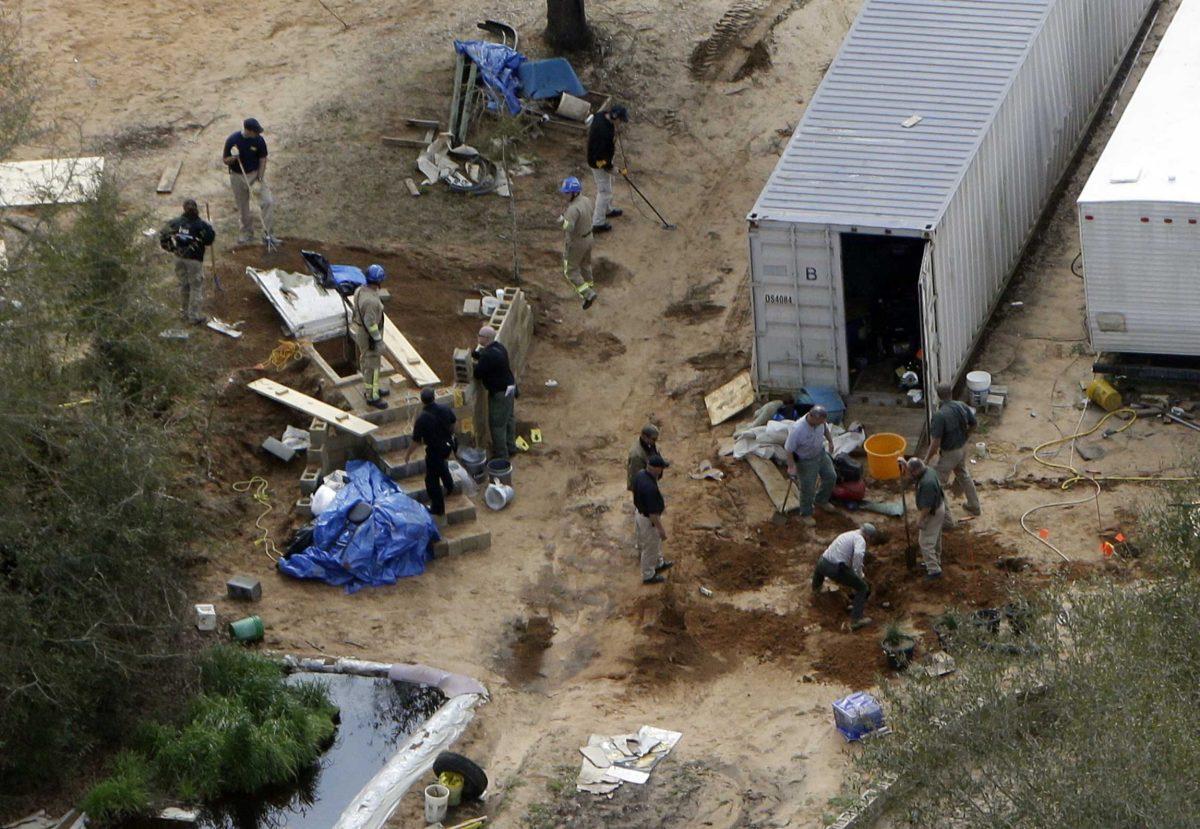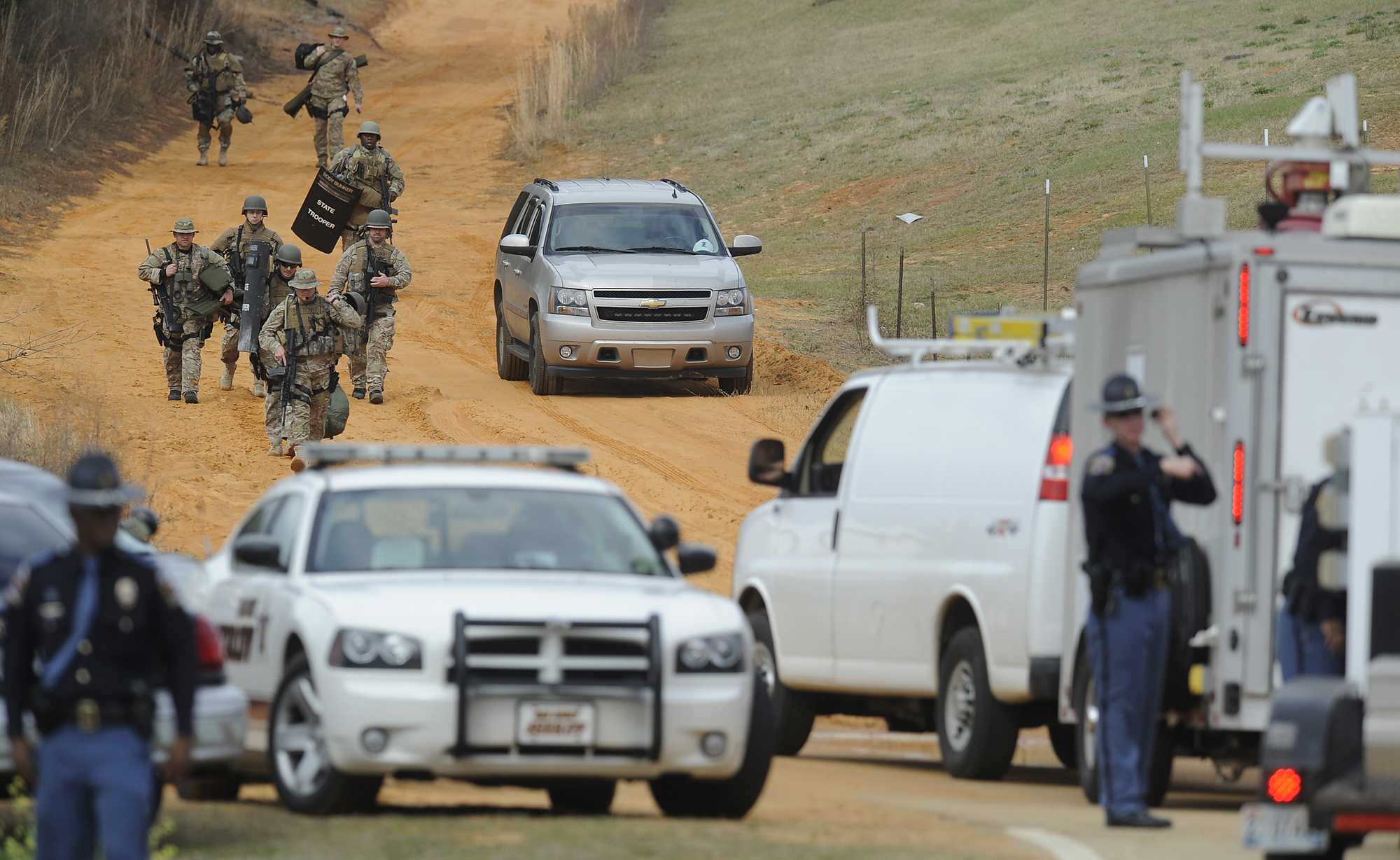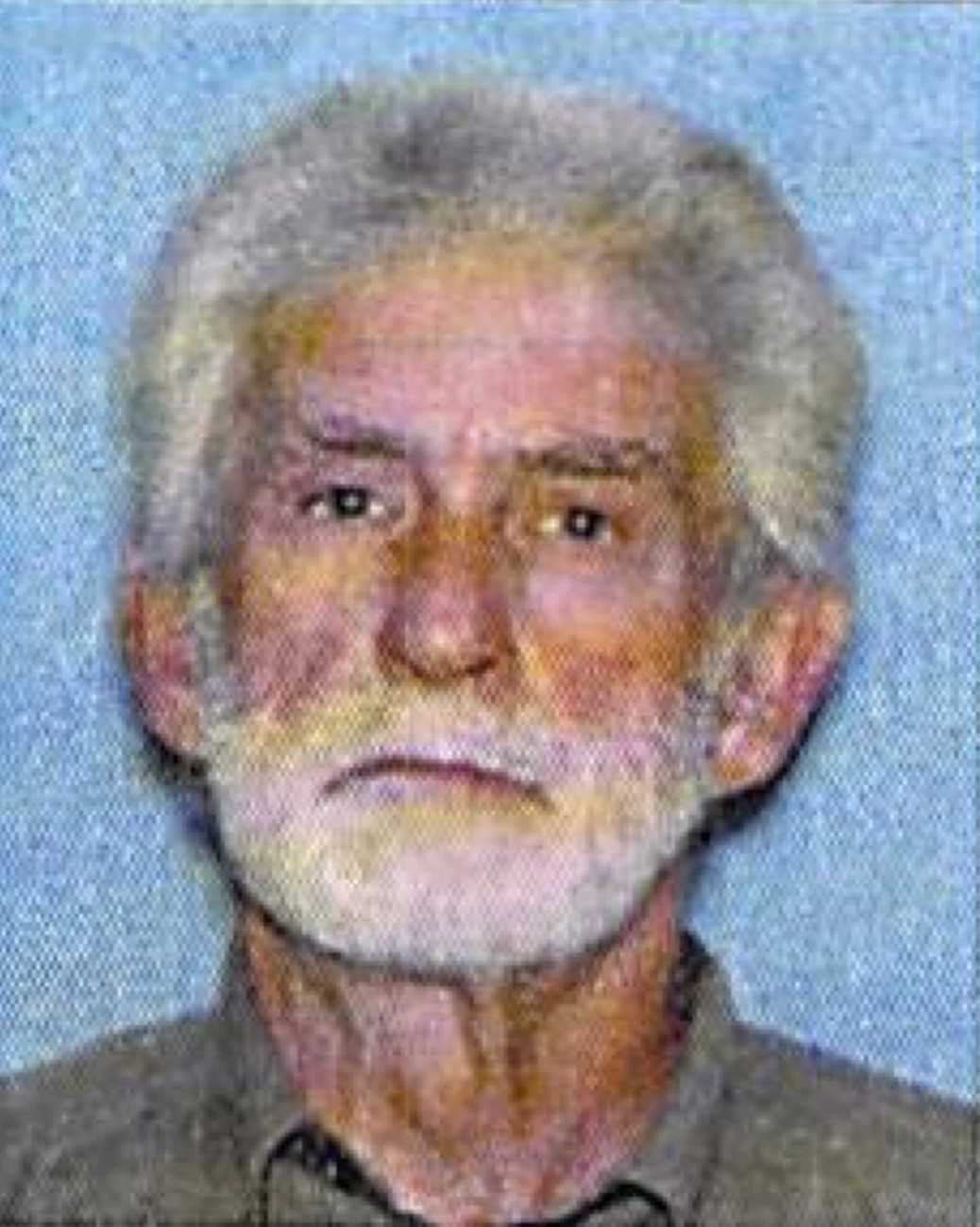After Jimmy Lee Dykes murdered beloved bus driver Charles Poland Jr. and brought 5-year-old Ethan Gilman down into his Alabama bunker, I was reminded of Schrodinger’s cat.
Erwin Schrodinger devised the thought experiment in 1935 to discredit certain implications of quantum superposition, the fundamental principle of quantum theory that posits a quantum system — such as an atom — can exist simultaneously in all possible states until observed.
In Schrodinger’s hypothetical experiment, Schrodinger asked if the principles of quantum mechanics apply to larger systems — a cat in this instance. The cat is placed inside a steel chamber with a radioactive element, a vial of hydrocyanic acid and a device attached to a geiger counter monitoring the element.
If the geiger counter registers the decay of a single atom of the element, the device swings a hammer, smashing the vial and killing the cat in the name of science.
To the outside observer, however, the cat’s state is unknown and thus considered both alive and dead until the chamber is opened and one reality must instantly assemble itself.
On Feb. 4, six days after the Dykes ordeal began, an FBI team “opened the chamber” and stormed the bunker.
Ethan emerged alive. Dykes did not.
Another reality also materialized that day. It illustrated more than a failure in security, gun control or support for the mentally ill — it showed a failure of normal, everyday people to take preventative action.
They had options.
Dykes was a paranoid man who frequently patrolled his yard at night with a shotgun and flashlight. That’s strange but not quite illegal.
He did, however, shoot a boy with a pellet gun for riding his four-wheeler near his property and beat one neighbor’s dog so badly with a lead pipe it later died from the injuries.
Dykes could have been charged for either of those offenses. Animal cruelty alone constitutes up to six months in jail and up to a $3,000 fine in Alabama.
In the best case scenario, Dykes serves six months, is prevented from firing two shots at his neighbor Jimmy Davis and his truck carrying a six-month-old girl in December and possibly even dissuaded from committing the murder and abduction that occurred two months later.
At the very least, police would have been aware of Dykes’ odd behavior, and seeing his 1995 arrest for improper exhibition of dangerous weapons or firearms would have raised some red flags.
I’m not so naïve to believe this “best case scenario” is really the greatest option, though.
Some have cited Dykes’ imminent court date as the motivation for taking a hostage. While I dislike the insinuation that we should fear reprisals from punished criminals, a few things are true.
First, Dykes’ mental state had likely been deteriorating over the years. We can only speculate how he might have reacted to an arrest in the past.
Would he have been reformed? Or would it have only catalyzed his violent behavior?
Second, a short stay in jail would either ignore or exacerbate the underlying cause of Dykes’ hostility. His neighbors were aware he had served in the Vietnam War and believed he suffered from post traumatic stress disorder as a result.
This brings us to their second option. Why not try to have Dykes treated?
He surely would have resisted, but under Alabama law he might have qualified for involuntary commitment to a mental health clinic.
His neighbors would only need to prove that he was mentally ill, unable to make rational decision regarding treatment, would continue to face mental distress and deterioration of ability to function independently and that he posed a threat to himself or others.
Dykes, however, was never formally diagnosed with PTSD, and he was capable of functioning independently, despite seeming quite insane. It would have been difficult to have him committed without raising hell about infringing on his civil liberties.
With all this in mind, I can’t fully condemn his neighbors for not taking action.
Sometimes it’s difficult, and a phenomenon known as the diffusion of responsibility guarantees we’ve all been guilty of inaction when others are present and responsibility isn’t explicitly assigned — even when the stakes are low.
Action is necessary, though.
It’s fun to entertain hypotheticals, like in the Schrodinger’s cat experiment where something can simultaneously exist in several states, but eventually, one reality must come into being.
By not seeking help when threatened we allow that reality to be a little worse and enable others to continue doing harm.
In the case of Jimmy Lee Dykes, two people died and a third could have lost his life as well.
I hope we all learned something from that.









